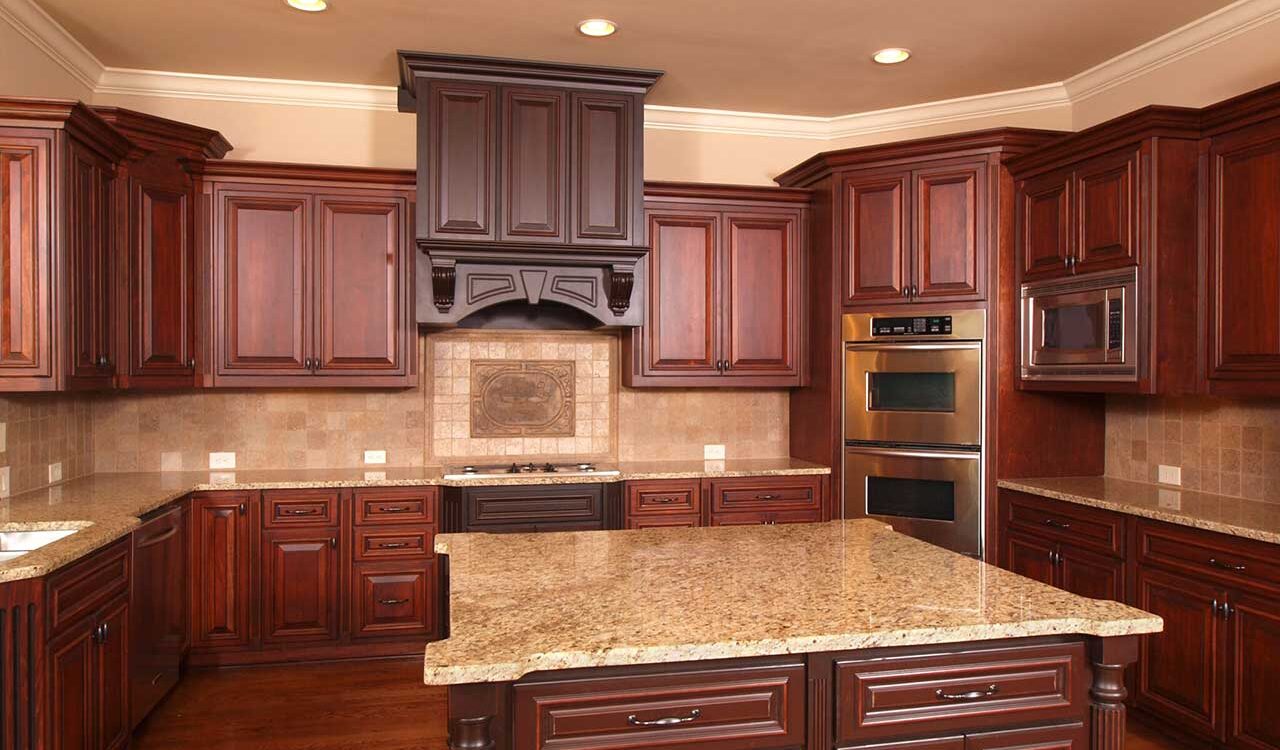While the countertop types might sound similar, quartz and quartzite have innate distinctions. We’ve highlighted six ways that a quartz and quartzite countertop vary from each other. Keep reading below for an in-depth look at these countertop types and consider which you’d prefer for you and your home.
Difference in Styles
In terms of color, these countertop types differ. The engineered materials of quartz make flexibility in styles possible, plus you can purchase the countertops in various colors and patterns. Professionals create these styles when color pigments blend with specifically sized quartz fragments. To put it simply, the style differences for quartz countertops are endless.
Quartzite countertops are a product of the natural geologic process. With this said, each countertop slab will have unique markings and colors, but they aren’t as vibrantly different as quartz. Most likely, you will find quartzite countertops in the white-grey family. If you’re lucky, you can also find this countertop type with pink and red veining. This appearance is possible due to the iron oxide in the stone.
Difference in Makeup
According to The Spruce, close to all quartz countertops originate from Italy. This countertop type is a combination of natural stone and synthetic materials. With 90% of the makeup being ground quartz, the other 10% is resins and pigments to color and bind the quartz composition.
On the contrary, quartzite countertops are 90 to 99% quartz grains, while the remaining composite is mineral silica, a natural material that bonds the grains. This countertop type is naturally created under the Earth’s surface when sandstone or chert, and quartz are under severe pressure and high heat.
Difference in Installation
During installment, professionals can easily cut quartz countertops into any size or shape needed. No matter the layout of your kitchen, this countertop type will implement into the space effortlessly. Additionally, quartz countertops are not fragile. The installers will not need extra precautionary measures when delivering the stone to your home. This factor results in a quicker and cheaper installation process.
Quartzite countertop installation can be much more tedious due to the naturally porous material. The slab can easily break when professionals try to shape the slab to fit your home. With this considered, many homeowners purchase a big supply of quartzite to compensate for potential damages. And at times, even with this extra material, it’s impossible to cut quartzite into unique shapes and sizes.
Difference in Strength
Both quartz and quartzite countertops are known for their extreme durability and strength. On the Mohs Hardness Scale, quartzite countertops score an eight, while quartz amounts to a close seven. With this considered, you won’t need to worry about your countertop becoming easily scuffed or scraped from the day-to-day chores in the kitchen or bathroom. But if you’re looking for the most durable option between the two, quartzite countertops are the way to go.
Difference in Heat Resistance
While both quartz and quartzite are known for their strength, the latter is more heat-resistant. Quartzite countertops are more effective at resisting heat damage because they contain less resin. The resin composition in a countertop is prone to melting when exposed to excessive temperatures. With this considered, homeowners won’t need to fret about scorch marks and permanent damage to their countertop’s aesthetics.
Difference in Maintenance
If you want the countertop type that has the least maintenance, a quartz countertop is best. This option is famously known for its painless upkeep process. This factor is due to the countertop type being nonporous without a sealing treatment. With this said, quartz is less likely to absorb moisture and microbes, which can sustain your home’s aesthetics and sanitation. All you’ll need to do is clean the countertops with a soft cloth and mild detergent solution.
There is a little more maintenance involved with quartzite countertops. This raw natural material has an extremely porous surface and will readily absorb microbes and liquids that can create stains. In light of this, this countertop type requires a sealing treatment. This seal is composed of either acrylic, wax, or polyurethane. The top sealing layer typically needs to be redone once or twice a year, depending on how much a homeowner uses the countertop surface. Of course, you will also need to use a soft cloth and mild detergent solution to tidy the surface periodically, similar to a quartz countertop.
After reviewing the differences between a quartz and quartzite countertop, you can now decide which option is right for you! Contact us at New York Quartz today to get started!






